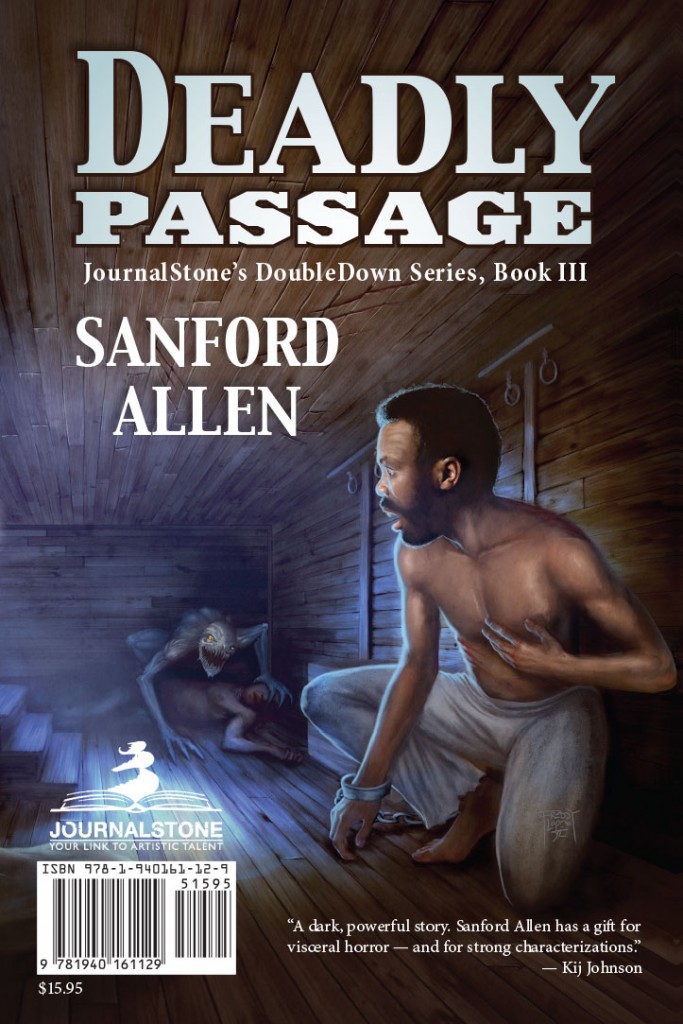
You may not be spacewalking any time soon, but NASA has opened a free database to let you explore from Earth.
If you’re looking to add more authenticity to your science fiction writing, check this out: NASA has set up a website to make its publicly funded research available for free. The archive features a decent search engine and gives full access to peer-reviewed papers.
Working on a story on a space plague and wonder how microbes adapt to microgravity? Check it out. Want to know the latest developments in artificial gravity research? Yep, they’ve got that too.
Some of my fishing expeditions in the NASA database led me to articles light years above my scientific comprehension. But others, such as this piece on arctic climate trends as observed from space, were completely comprehensible to a neophyte such as myself.
Thanks go to sf writer Chris McKitterick for bringing this one to my attention.
Happy exploring.
Talking research this week with the San Antonio Writers Guild
Alamo City friends, I’ll be speaking at the San Antonio Writers Guild’s next meeting, Thursday, Sept. 3.
My talk is titled “Lessons from an accidental historical writer: Getting the details right when you’re a scribe, not a scholar.” I’ll describe the research that went into my horror novel Deadly Passage, which is set on a slave ship shortly after the Revolutionary War.
During the talk, I’ll share tips for other writers on how to use research to bring authenticity to historical works — even when historical writing isn’t your primary focus. Additionally, we’ll discuss ways to ensure dialogue and language fit the period, how to know when particular inventions and technology came into existence and when to know you’ve done enough research to actually start writing your book.
The meeting gets underway at 7 p.m. at Bethany Congregational Church at 500 Pilgrim Drive in San Antonio. The talk will last about half an hour with time afterward for a Q&A session.
And you can bet I’ll have books to sell and sign. Hope to see you there.

